EU angry as other states celebrate US exit from Iran deal
Russia, China and Turkey see US withdrawal from the Iran nuclear deal an opportunity, while the Europeans are scrambling to protect their businesses from new American sanctions.
Moscow said on Friday that a free trade pact is to be signed next week between Iran and the Eurasian Economic Union, which includes Kazakhstan, Belarus, Armenia, and Kyrgyzstan.
President Vladimir Putin’s foreign affairs adviser, Yuri Ushakov, said the trade agreement had been under discussion for long time.
The move, however, coincided with the US exit from the 2015 nuclear deal with Iran that has set the stage for reimposing economic sanctions against Iran and rattled many US allies.
Ushakov said the US exit may help bring Russia and European nations closer. He said Russian President Vladimir Putin will discuss Washington’s withdrawal from the Iranian deal with German Chancellor Angela Merkel and French President Emmanuel Macron, who are set to visit Russia later this month.
Merkel is to make a trip to Russia next Friday, and Macron is set to meet Putin during a business forum in St. Petersburg the next week.
Independent political scientist Vladimir Sotnikov said Moscow remains less exposed to the economic consequences of US sanctions than Europe and its companies could even benefit from the move.
"The deal and the lifting of sanctions in 2015 marked the return of European business to Iran. But it's unlikely they can keep doing business today, giving room to Russia," he told Agence France Presse. "Russia can now go ahead at full speed," he said.
The situation could revitalize Russian-Iranian economic ties that have been losing ground in recent years. In 2017, bilateral trade reportedly amounted to $1.7 billion, down 20 percent from the previous year and well below the more than $3 billion in the late 2000s.
Russian deputy foreign minister Sergei Ryabkov said in Tehran Thursday that the two countries intended to continue "all round economic cooperation."
"We are not scared of sanctions," Ryabkov said.
According to Igor Delanoe, an analyst at the Franco-Russian Observatory group, Russian companies continued to work in Iran "without any fuss" even when the sanctions were in place.
"They are used to working within legal and economic constraints. The US has systematically forced Iran to turn more towards Russia and China," he told AFP.
Since the lifting of sanctions, Russia has signed a raft of agreements to play a role in Iran's energy and electricity sectors. It also wants to sell steel, transport infrastructure and other manufactured goods to Iran.
"The less competition from the US and the EU, the better," AFP quoted Charlie Robertson, an analyst at Renaissance Capital, as saying.
China
China has also said it wanted to continue normal business ties with Iran and is currently financing multi-billion dollar infrastructure and electricity projects in the country.
On Thursday, China launched a freight train service that connects its northern regions to Tehran in what could be a major connectivity project of vital importance to the flow of trade between the two countries.
The train connection between Bayannur in China’s Inner Mongolian Autonomous Region and the Iranian capital will shorten cargo shipment by 20 days.
Chinese Foreign Ministry spokesman Geng Shuang said on Thursday that Iran and China would “maintain normal economic ties and trade.”
“The difference is that China has more companies that are isolated from the US market — and possible sanctions,” King’s College London security fellow Dina Esfandiary said.
“And even if they aren’t isolated, all the Chinese government has to do is to create new, separate companies,” the Washington Post quoted her as saying.
Turkey
Another country with a big stake in Iran's economy is Turkey which did not conceal its delight on Friday when Economy Minister Nihat Zeybekci said the US move was an “opportunity” for Ankara, noting that his country “will continue to trade with Iran.”
He also played down concerns about Washington’s penalties, saying, “I don’t see anything big to worry about at this stage.”
Turkish President Recep Tayyip Erdogan called Iran’s President Hassan Rouhani on Thursday, saying Ankara would continue to respect the nuclear pact, officially known as the Joint Comprehensive Plan of Action (JCPOA).
The two sides also discussed the development of economic relations, a Turkish presidential source said.
European Union
Among Washington's allies the mood is not celebratory as Europe's largest economies are lobbying to protect their companies' investments in Iran.
France’s Finance Minister Bruno Le Maire said Friday European countries should push back harder against the Trump administration over the Iran nuclear deal and not act as "vassals” to the US.
Le Maire proposed creating a European body that would have the same kind of powers that the US Justice Department has to punish foreign companies for their trade practices.
"Do we want to be vassals who obey decisions taken by the United States while clinging to the hem of their trousers?” Le Maire asked. "Or do we want to say we have our economic interests, we consider we will continue to do trade with Iran?”
European and American companies could lose billions of dollars in commercial deals struck since the 2015 Iranian nuclear accord, and lose access to a major new export market.
Planemakers Airbus and Boeing, oil companies and auto manufacturers like France’s Renault and Peugeot could be among companies hardest hit.
Le Maire said France is pushing for exemptions for its companies, but that he has "no illusions” about a generous American response.
Europe should not accept that the US is the "world’s economic policeman,” he said on Europe-1 radio.
French exports to Iran doubled to 1.5 billion euros ($1.79 billion) last year, driven by jets and aircraft and automobile parts, according to customs data.
Exports of German goods to Iran rose by around 400 million euros to 3 billion euros. Around 120 German firms have operations with their own staff in Iran, including Siemens, and some 10,000 German companies trade with Iran.
Circumventing sanctions against Tehran worked even at a time when Russia and China both agreed with isolating Iran to some extent over its nuclear program, prior to the 2015 deal. Now, avoiding punitive actions would be even easier, the Washington Post wrote on Friday.
“The days of joint international isolation of Iran are over,” said Esfandiary, even though she cautioned that “there is less willingness to anger the US in Europe than there is in China.”
The Washington Post touched on some of the ways which the Europeans can use to circumvent US sanctions.
“Rather than trading in US dollars, China and Europe could use their own currencies, for example. There are also plans to create separate funds and banks the United States would be unable to punish for having ties to Iran,” the paper suggested.
Chinese entities could also act as intermediaries for European companies that want to continue trading.
"If Europe turns to Chinese know-how to circumvent U.S. sanctions, the United States might find that the country being isolated in this situation is not Iran after all, but itself," the Post said.
'Israel booby-trapped walkie-talkies, pagers years before Lebanon blasts'
Gaza Health Ministry calls for urgent intl. help to protect hospitals amid Israeli genocide
Stakes involved in Iran’s partnership with Eurasian Union
VIDEO | Press TV's news headlines
Iran says ‘ready’ to reopen embassy in Syria, holds talks with Damascus
VIDEO | 12 people killed in ammunition factory blast in northwest Turkey
Iraq’s PMU masses resistance forces on border with Syria amid mounting concerns
Israel killed over 700 athletes in Gaza since October 2023


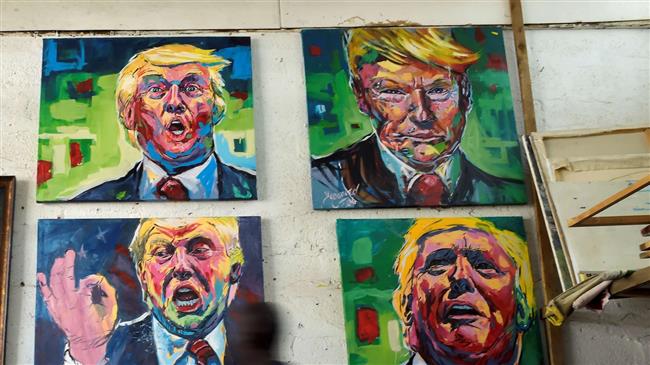




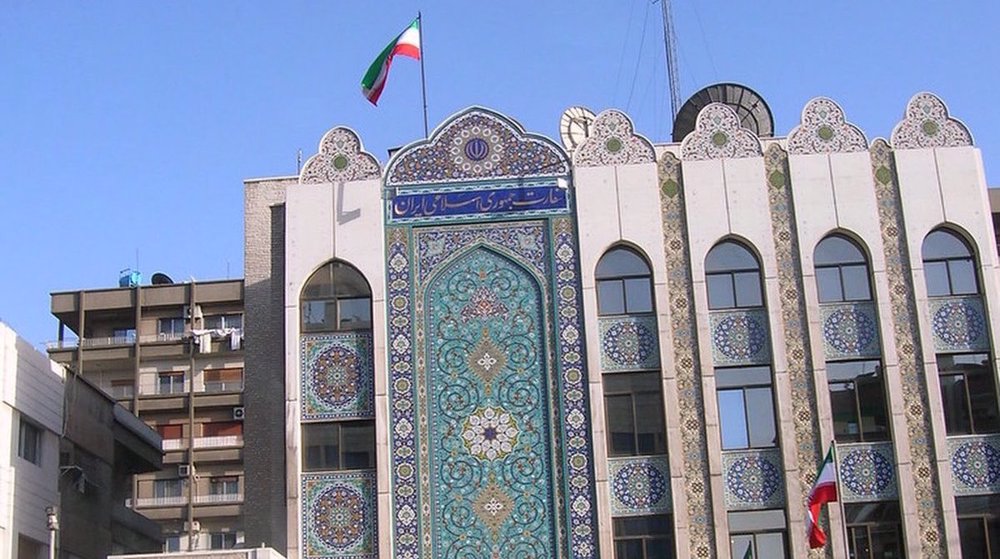
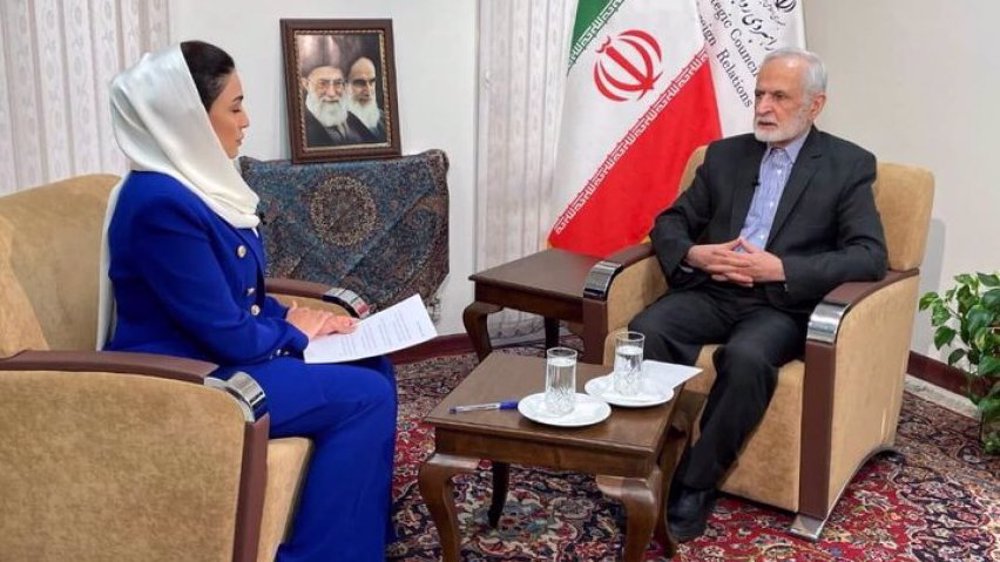
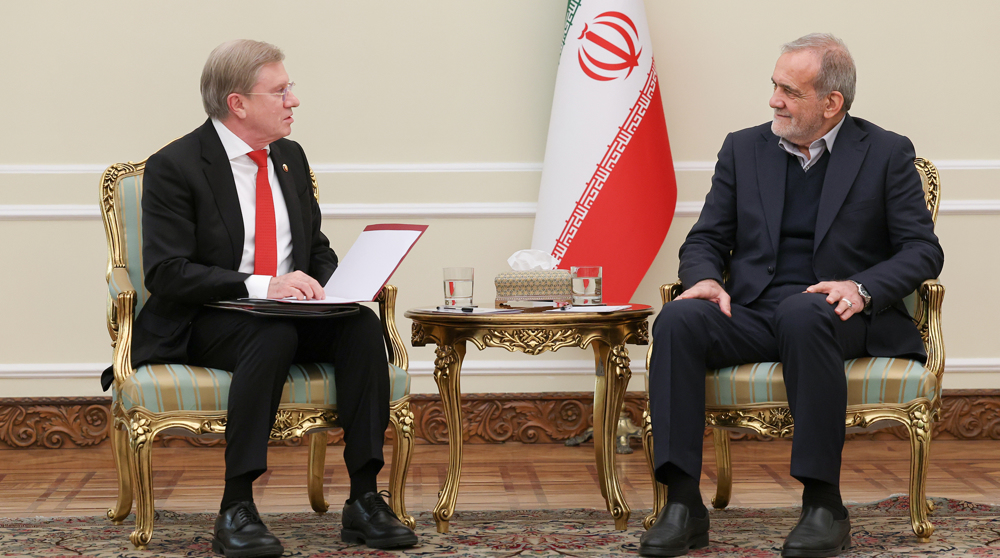



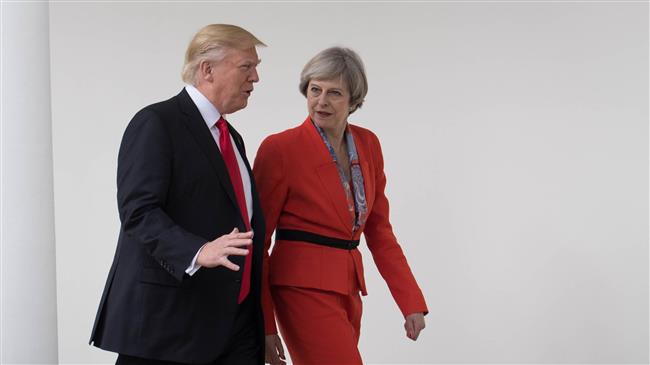
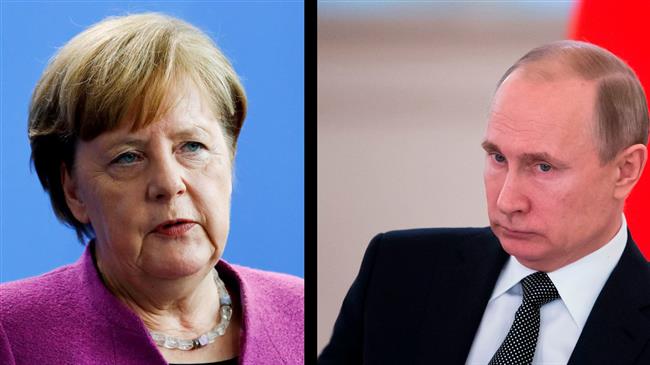

 This makes it easy to access the Press TV website
This makes it easy to access the Press TV website